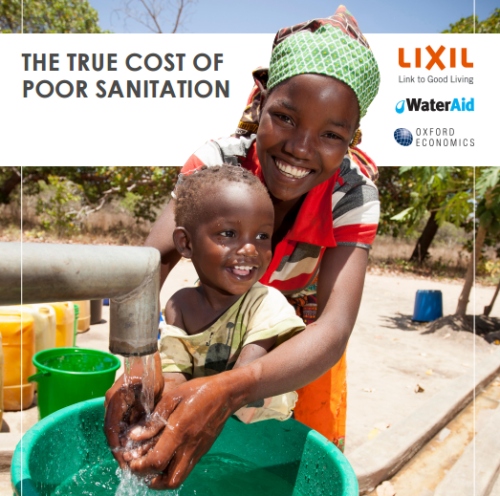WSUP/WEDC have developed a teaching resource on urban WASH that is now available online for free, It aims at helping the urban WASH sector to professionalize. We hope it will be helpful for academics and practitioners to use or adapt if they feel it can be of value to them.
In short: this is a masters-level professional training module called “Water and Sanitation for Urban Low-Income Communities”. It was primarily designed to give engineering masters students in low-income countries an overview of things they need to know in order to apply their technical skills in low-income communities, and that’s how WSUP and WEDC are currently using it, in partnership with universities in Africa and Asia. But of course it may be adaptable to other teaching contexts.
It’s designed for classroom delivery, over about 45 hours of contact time. It’s made up of 16 thematic units, and within each unit the materials essentially comprise a Powerpoint presentation plus Lecturer Notes outlining the unit’s aims and content, and providing guidance on how to deliver the class. Some units are flexible in content, to enable adaptation to local contexts.
It can be delivered as an off-the shelf package; or you might want to cut-and-paste parts of it into your own materials; or you might simply use it as guidance in developing other materials.
It’s absolutely free to download, but we do ask that you fill in a brief Use Request Form explaining who you are and how you might use it: evidently, it’s useful for us to be able to communicate this to the funder of the work (DFID).
See www.wsup.com/programme/resources/
For information, we expect to have a French-language version available within the next few months.
The module was developed by (alphabetical order): Louise Medland, Guy Norman, Brian Reed, Pippa Scott, Regine Skarubowiz, and Ian Smout; inputs also came from Richard Franceys and Valentina Zuin.








